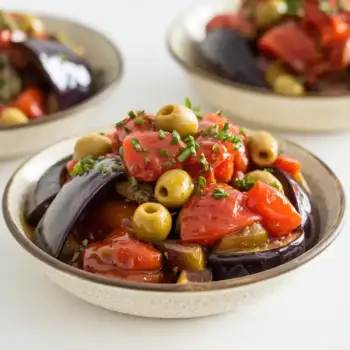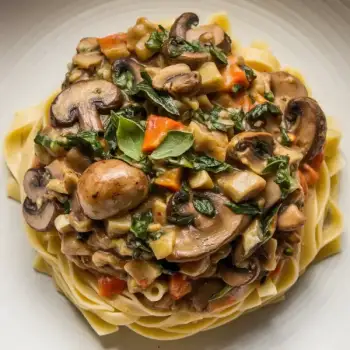


Diced
Eggplant cut into small cubes, commonly used for even texture and flavor distribution in dishes.
Frozen
Eggplant that has been blanched and frozen, providing long-term storage and ease of use.
Pureed
Eggplant blended into a smooth paste, used in dips like baba ganoush or as a base for sauces.
Sliced
Eggplant cut into slices, ready for immediate use in cooking or further processing.
Grilled
Eggplant cooked on a grill, offering a charred and smoky flavor.
Roasted
Eggplant that has been cooked in an oven or on a stove, offering a smoky, rich flavor.
Fresh Eggplant
Whole, unprocessed eggplants, ideal for grilling, roasting, or using in a variety of dishes.




fresh eggplant: Melissa's
frozen eggplant: Birds Eye
grilled eggplant: Trader Joe's

Grilling: Grilled eggplant has a smoky flavor that's perfect for summer barbecues. Slice the eggplant into rounds or lengthwise, brush with oil, and grill until tender and charred.
Roasting: Roasting brings out the natural sweetness of the eggplant. Cut the eggplant into cubes or slices, toss with oil and your favorite seasonings, and roast at 400°F (200°C) until tender and golden.
Sautéing: Sautéing is a quick and easy way to cook eggplant. Cut the eggplant into cubes or slices, heat oil in a pan, and sauté until the eggplant is tender and lightly browned.













